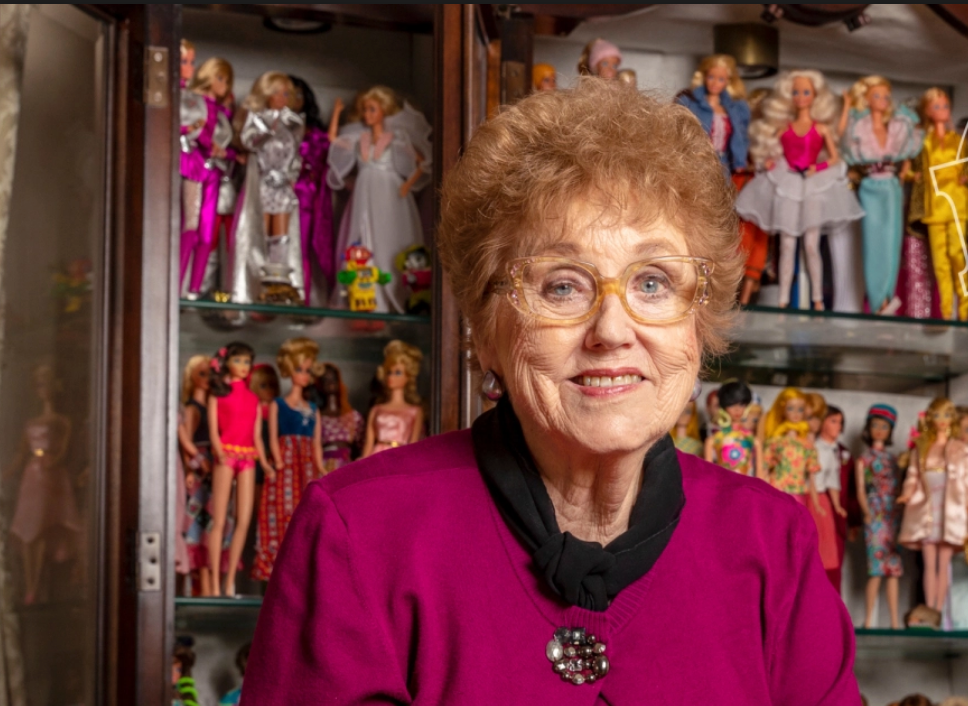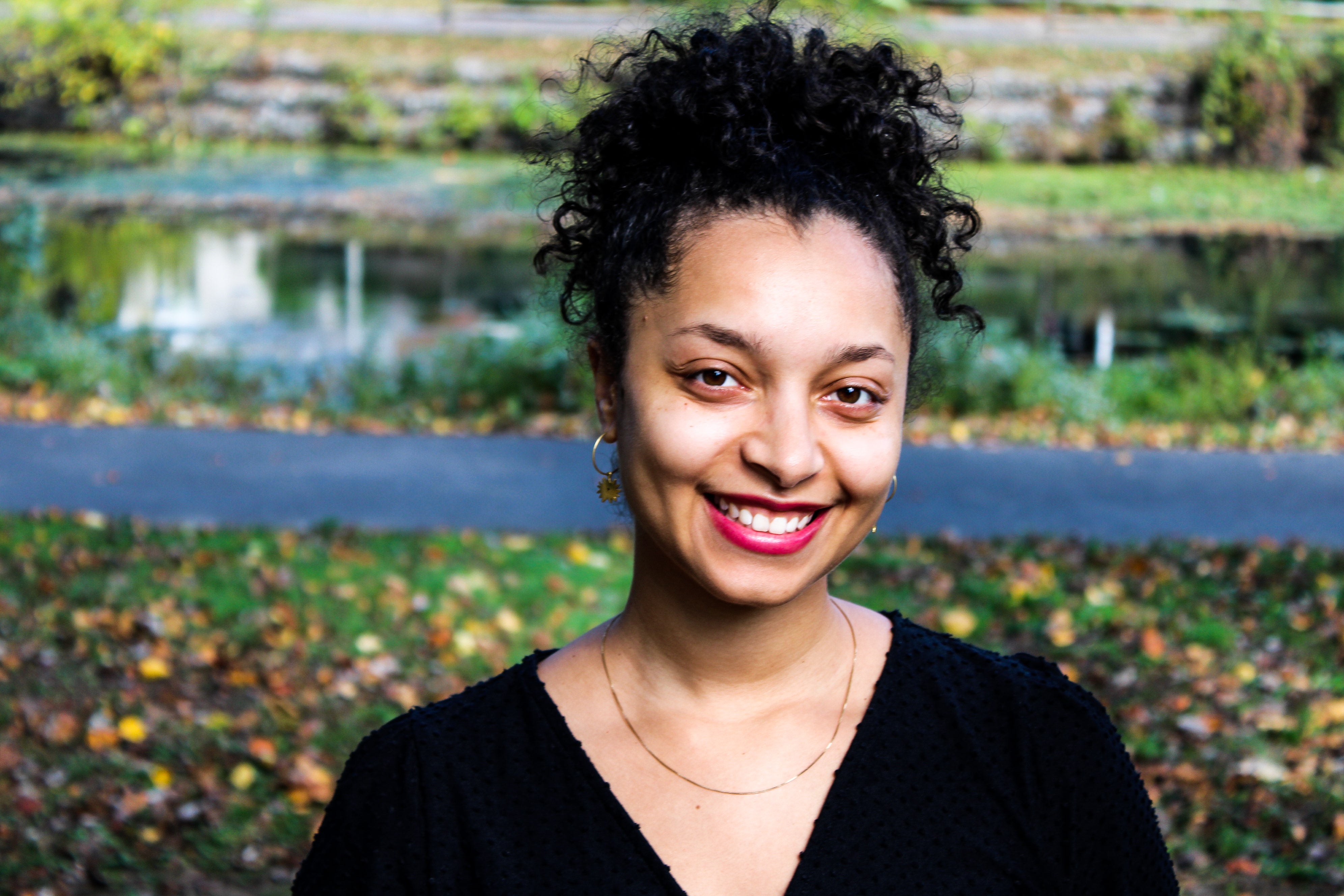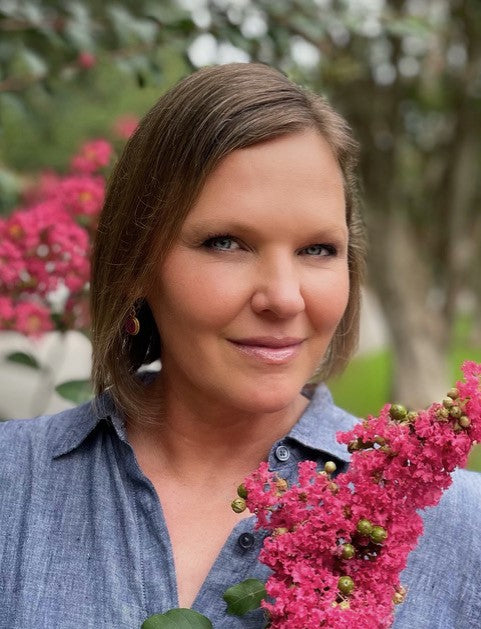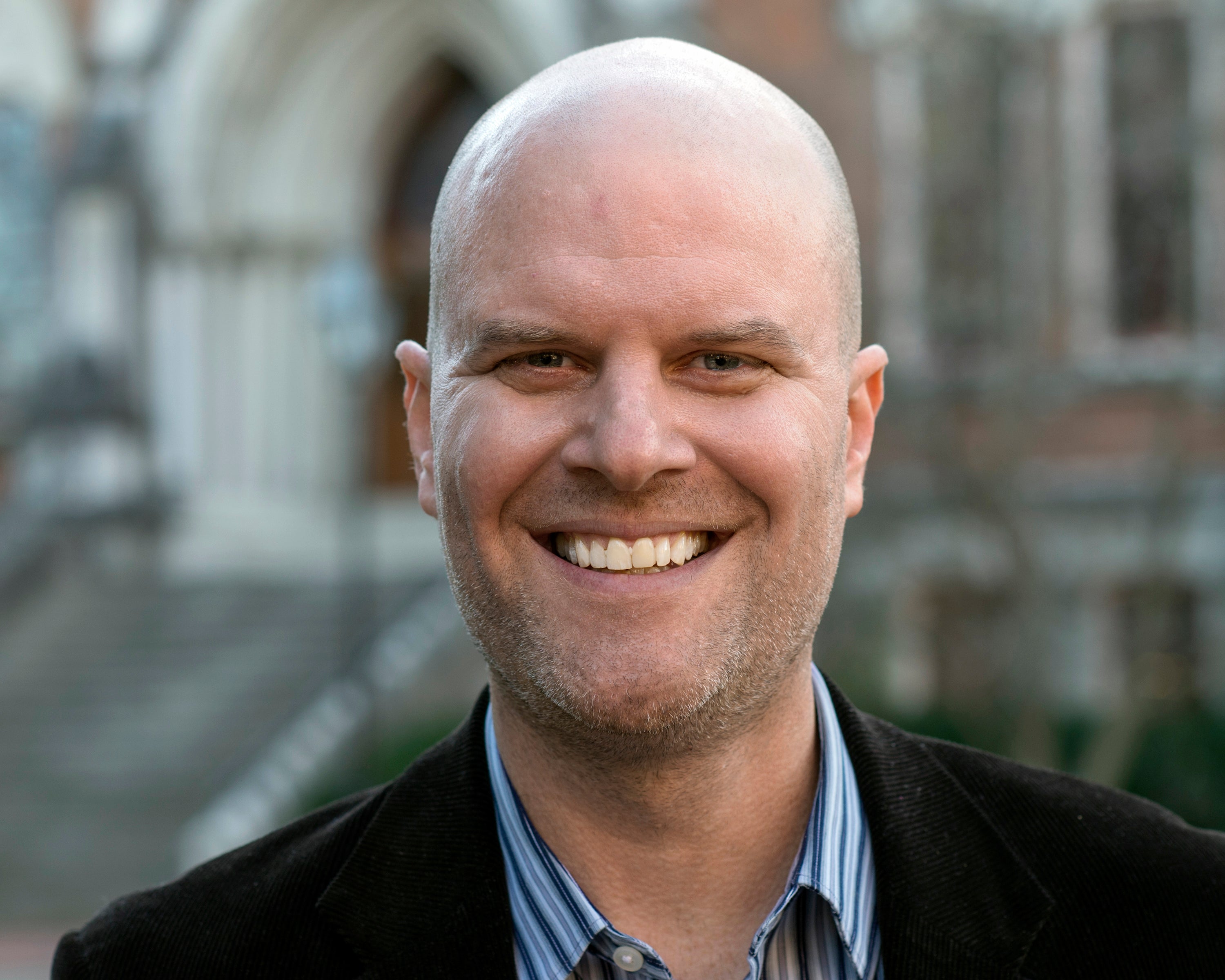Author: Kurt Andersen
Author Bio:
“Kurt Anderson is the author of the New York Times bestsellers Evil Geniuses and Fantasyland, as well as the bestselling novels You Can’t Spell America Without Me, True Believers, Heyday, and Turn of the Century. He co-founded Spy magazine and co-created and hosted Studio 360, a Peabody Award-winning public radio show and podcast about art and pop culture that aired from 2000 to 2020 He’s also a journalist — former New Yorker columnist and staff writer, Time critic and columnist, New York editor-in-chief and columnist — and has written as well for television, film and the stage.”
1. What was it that attracted you to writing about America’s history in the manner in which you do in “Fantasyland”?
In the early 2000s I began wondering exactly why America has become so much more extravagantly, supernaturally religious since I was young, and how much more "contested" basic empirical realities (scientific and otherwise) had gotten, and found no totally satisfactory explanations.
Around the same time I started researching and thinking about the late 1960s for my novel True Believers, and suspecting that that era was a kind of inflection point for these changes. And after I finished the novel in 2011 I started following the various threads back in time to America's beginnings.
2. How much constructive criticism is good for America?
I've never seen it become too much -- "constructive" being key.
3. What scares you most about our society today?
The fundamental problem I describe in Fantasyland –– a large and growing minority of Americans who, more and more, have their own distinct and highly politicized reality in which opinions and feelings are considered equivalent to facts.
4. What inspires you most about our society today?
That the other big problem we have, the subject of Fantasyland's companion volume Evil Geniuses, is soluble –– that the U.S. economic system, re-engineered starting 40-odd years ago to be unfair and insecure and immobile for a huge majority of Americans, seems fixable.
5. Can you please explain a bit more what the phrase “Reality-based community” means to you and how this phrase shaped the development of this book?
It was a term coined by George W. Bush's political mastermind, Karl Rove, 20 years ago, a disparagement of the educated and rational, especially journalists and intellectuals, as opposed to the people his Republican party was mobilizing to win elections. He was joking, but as Fantasyland fully flowered over the next decade those non-reality-based folks took over the GOP and kicked the likes of him to the curb. And "reality-based community" became an undeniably real thing under siege.
6. Critics of “Fantasyland” point to the book as a misguided account of America that places blame and the ills on a global history of white racism, misplaced Christianity, and the white power “basket of deplorables”. How big of a role did racism play in the construction of America and why do you feel a lot of people push back on this history?
The fights over white supremacy, and over its pernicious fantasy underpinnings –– that white people are superior to black and other non-white people –– are at the center of the American story, from the founding to the Civil War to Jim Crow to the civil rights movement and still today. That fundamental fact is uncomfortable and ugly, which makes it unsurprising that a lot of white Americans "push back" against acknowledging it.
7. “America sure has a lot of people who believe crazy stuff”, at what point in America’s history did Americans start to believe crazy stuff more and more commonly?
The big modern uptick started in the 1960s, and then a tipping point came in the 1990s, with the simultaneous arrival of the mass internet and the embrace by a critical mass of the political right of more and more exciting falsehoods, "crazy stuff."
8. A deep divide has been wedged within American politics over the past 25 years, primarily aided by separation, misinformation, neo-nationalism, and social media. Do you think this political gap can be closed and what do you think it’ll take for this country to become more politically civil and bipartisan again?
I think a sensible sane majority, consisting of people across the ideological spectrum, can come to see itself as a decent reality-based America, even when they disagree strongly about particular policies. But I wouldn't call it "bipartisan" for the time being, because I'm afraid the Republican Party and the 25% of Americans who identify as Republicans have shown themselves to be pretty much irredeemable, and until a new, decent, reality-based, (truly) conservative party coalesces and achieves power, Americans will thus feel impossibly divided.
9. For the readers that enjoyed “Fantasyland” what can they expect in your latest novel, “Evil Geniuses”?
Evil Geniuses is another history, and really its companion volume. Fantasyland is about decoding part of the American character that started going out of control around 1970, whereas Evil Geniuses is about how a small fraction of Americans (the rich, the economic right, big business) around 1970 began exploiting that and other parts of the national character to achieve more wealth and political power for themselves at the expense of everyone else.
10. Do you plan on writing more books in the future?
Of course.
Places To Find More From This Author:
Instagram: @kurtbandersen
Facebook: Kurt Andersen
Twitter: @kbandersen
Website: www.kurtandersen.com
Get Your Copy of Fantasyland Today!








